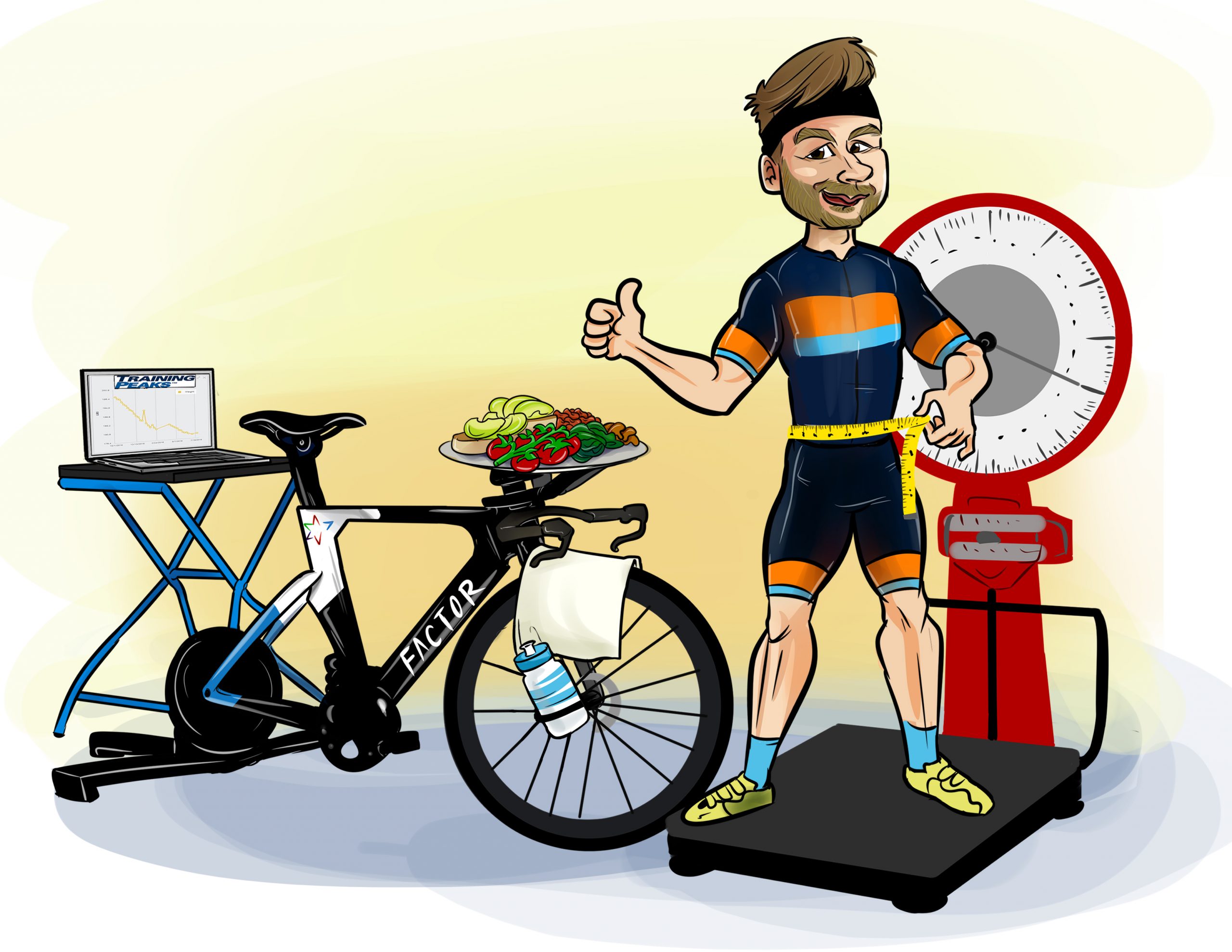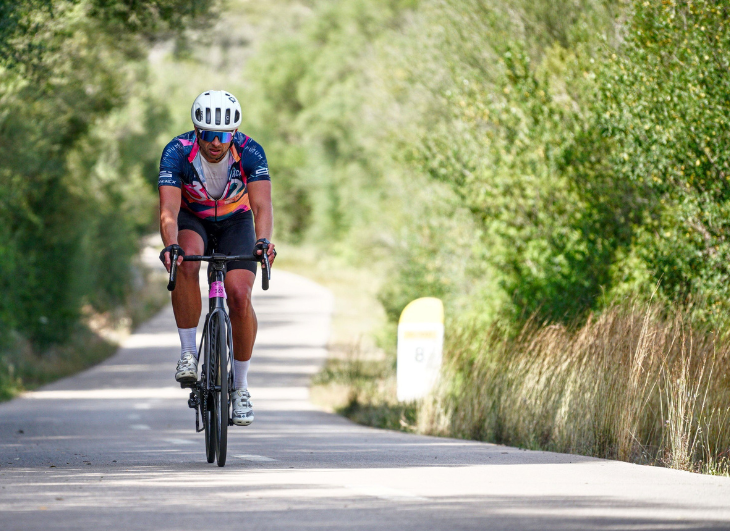In the world of fitness and health, cycling is often hailed as a fantastic way to shed those extra pounds and achieve a leaner, healthier physique. While cycling certainly offers numerous benefits for cardiovascular health, muscle tone, and overall well-being, the notion that it guarantees weight loss may not hold true for everyone. In this blog post, we’ll explore the reasons why cycling alone may not be the magic solution for shedding those stubborn pounds.
If you have entered a hilly sportive such as the Mallorca 312 then it is all about power to weight ratio. You don’t want to carry any extra kilos up those climbs.
The No1 reason why cycling does not guarantee weight loss
People often start cycling to help with weight loss and although it can have a small initial impact it is not a long-term strategy. The main reason for me is that exercise makes you hungry. Your metabolism will slow down afterwards to try and regain the energy that you have lost. Your body is always trying to keep you safe. If you then end up overeating, which is easy to do after a long ride, you can put on weight.
Other include the following:
Caloric Intake Matters:
Cycling can burn a significant number of calories, depending on the intensity and duration of your rides. However, weight loss ultimately boils down to the balance between calories burned and calories consumed. Engaging in regular cycling without paying attention to your diet may not lead to the desired weight loss. It’s crucial to maintain a caloric deficit by combining cycling with a balanced and nutritious diet.
Muscle Building vs. Fat Loss:
Cycling is an excellent exercise for building and toning muscles, particularly in the legs and lower body. While this can contribute to a more defined physique, it’s important to note that muscle weighs more than fat. As you build muscle through cycling, your weight on the scale might not change significantly, or it could even increase. This doesn’t mean you’re not experiencing positive changes in your body composition.
Adaptation and Plateaus:
The body is incredibly adaptive, and over time, it becomes more efficient at performing activities it regularly engages in, such as cycling. As your body adapts to the exercise, the initial calorie burn might decrease, leading to a plateau in weight loss. To overcome this, it’s essential to vary your cycling routine, incorporating different intensities and types of workouts to keep your body challenged.
Genetic Factors:
Genetics play a significant role in how our bodies respond to exercise and weight loss efforts. Some individuals may naturally burn more calories or respond more effectively to certain types of exercise. If cycling alone isn’t yielding the expected results, it could be due to individual genetic factors that influence how your body stores and burns fat.
Consistency and Patience:
Weight loss is a gradual process that requires consistency and patience. While cycling can be a powerful tool in your weight loss journey, expecting immediate results may lead to frustration. It’s important to adopt a holistic approach that includes not only regular cycling but also other healthy lifestyle habits such as proper sleep, stress management, and hydration.
What can you do to lose weight when cycling?
It is not all bad news. There are still ways to achieve weight loss on the bike however this needs to be a combination of calorie restriction and specific bike session. Fasted training can be another useful method where you train in a fasted state, often in the morning. This however is not a magic pill and certainly not a case of more is better! These sessions should be easy and only around an hour in length.
Don’t forget to keep active off the bike throughout the day as this will have the biggest impact on weight loss. Lots of walking!

Cycling Weight Loss Training Plan
Have you just started cycling or been riding for several years and struggle to lose weight or worse still weigh more than before you started? Then this cycling weight loss training plan is for you!
Conclusion:
Cycling is undoubtedly a fantastic form of exercise with numerous health benefits. However, it’s crucial to approach weight loss with a well-rounded perspective that includes a balanced diet, varied exercise routine, and an understanding of individual factors that may influence the outcomes. By debunking the myth that cycling alone guarantees weight loss, individuals can make informed decisions about their fitness journey and adopt a sustainable, holistic approach to achieve their desired health goals.








